Last Updated on August 2, 2021
Getting to talk to Shane Black twice in one year is a treat any film geek should be so lucky to receive. Back in May I spoke to the writer about his splendid buddy comedy THE NICE GUYS and was able to enjoy some words of wisdom about the screenwriting craft; this time, he and I spoke almost exclusively about the writing process. Shane is promoting a new book called “On Story – Screenwriters and Filmmakers on Their Iconic Films,” in which renowned, award-winning screenwriters and filmmakers discuss their careers and the stories behind the production of their best known films (he’s joined in the book by the likes of Ron Howard, Paul Feig and Jonathan Demme, to name a few). Shane was at the Austin Film Festival, the birthplace of On Story, and gave me some insight into his screenwriting process, the benefits of being a writer and director, the sad fact that he can’t access his old scripts, and, of course 1987’s PREDATOR and its forthcoming sequel, THE PREDATOR!

What can you tell me about your involvement in On Story, why was it something you wanted to be a part of?
Well, making it was a direct product of the Austin Film Festival; I think back in the 90s when I first showed up to the fest it was really small, they basically held the whole thing in a ballroom. It was basically a chance to hang out with Scott Rosenberg, Ed Solomon, people like that. What I noticed was, because of its focus on screenwriting it attracted a certain kind of guest panelist. They were all peers, all interesting writers. Over the years it’s gotten a lot bigger, and it’s consistently been a place I can take a break from L.A. at, hang with guys like Terry Rossio, I bumped into Vince Gilligan, David Milch. Some of the greatest talent in the world is going to this fest because of its focus on screenwriting. It’s just such a great festival, so anything they ask of me I try to accommodate because they’ve given me so many good times over the years.
For you, has the screenwriting process changed over the years, or has it been the same process for a while now?
It always changes. Used to be you’d sit down and picture an image and a scene and just start writing and then go off on fifty crazy tangents. Go all over the place until arriving eventually at what would seem like an event that I could build off. From there I went to a place where I was a little more structured, I could carve things out, get a more sensible armature that I could hang those scenes on before I started blindly plunging in. Then with writing partners, if you choose the right partner, it’s someone I can break story with, sit and really make sure you’re on track, have a really more involved idea of where we’re headed, a mission statement, before we plunge in. So I guess the big question over the years is, how far do you go before you plunge in? How much prep do you do before you start typing? The act of typing can be such a small part of this entire writing process; you pace around, you drink your coffee, you take a walk, you chase your cats, whatever, but all of it is writing. You just don’t realize it. The actual sitting down and typing it is a relatively low percentage.
When I talked to you when The Nice Guys came out, you said you never re-watch your films. But do you ever go back and read your old scripts?
The sad thing is, I had all those old files on floppy and a computer in an office, and the computer got confiscated or something – I didn’t go there for a long time. There were a bunch of floppy discs left over, unlabeled, and I don’t even know how to access them now. I could probably call my agent and get versions of the scripts, but the scripts weren’t as important as the page notes and things that I would type in around them. I said to someone, “Hey, I’ve got three floppy discs, can you print them out for me?” And they were like, “What are you, kidding me? How?” I don’t know anyone who can do it. I figure there’s some way.

Do you write every single day?
No, I don’t. I try to make sure I stay busy. With a project like Predator, there’s so much other stuff. Imagining and envisioning and scouting and all that. But writing is always the baseline, and a lot of directors are very intuitive but they don’t come from a writing background. And if things aren’t coming together, it’s usually a script problem, not a directing problem. So I have the ability to stop in the middle of production or whenever and just go back to the typewriter, try to fix it there.
Speaking of THE PREDATOR, I know you’re going into production on that in a few months, are you still working on the script or is it locked and ready to go?
We’ve got a solid script, but I like to say it’s a living document, to the extent that we haven’t cast anybody yet. And when we cast it’s going to have new voices to add to it. I remember the original Predator had very little dialogue when we went down to Mexico. All the lines that people rave about were kind of written by the Thomas brothers as we were on set, as we got the actors. Jesse Ventura saying, “I ain’t got time to bleed,” I don’t think that was in the original script, that sort of just evolved, so hopefully we’ll have some chances to do that sort of thing.
And you contributed to that script as well, right?
Partially. Not so much. I suppose that’s one of the things they had hoped I would do, but I didn’t do much.

There’s a trend today where studios are rebooting properties by making them half-sequel, half-remake. You saw it with STAR WARS: THE FORCE AWAKENS, TERMINATOR: GENISYS, JURASSIC WORLD, etc. Would you say THE PREDATOR fits into that category, or is it its own thing?
I think it has to stand on its own two feet, but our goal is to make sure it acknowledges that, yeah, it is 30 years later in the continuity of the story. In other words, Dutch Schaefer’s patrol, which was attacked and largely slaughtered, happened 30 years ago in the context of the story. It’s referenced, it’s part of the mythology. In that way, it’s more of a sequel than a reboot.
You said before you haven’t started casting yet, but a few weeks ago it was reported Boyd Holbrook was in talks to join the film. Is that true?
I hope so. By an act of god, that’s the way it seems to be headed. It’s quite good news. With Benicio [del Toro] and the scheduling, we just couldn’t make it work. We have a release date and we had to start much later than we wanted to. This way, the silver lining is this kid, who I’ve spent some time with now, he’s just marvelous, he’s amazing.
And he’s getting hot at just the right time for you.
Yup!
Thanks so much, Shane, always a pleasure speaking with you.
Thanks, you too.












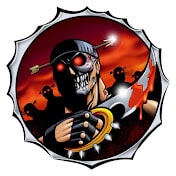
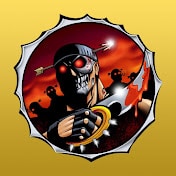
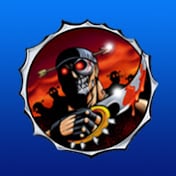





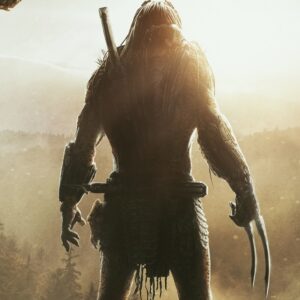
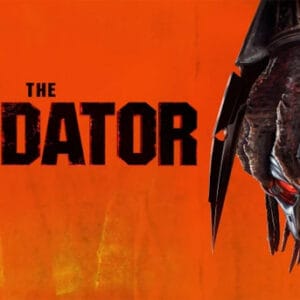


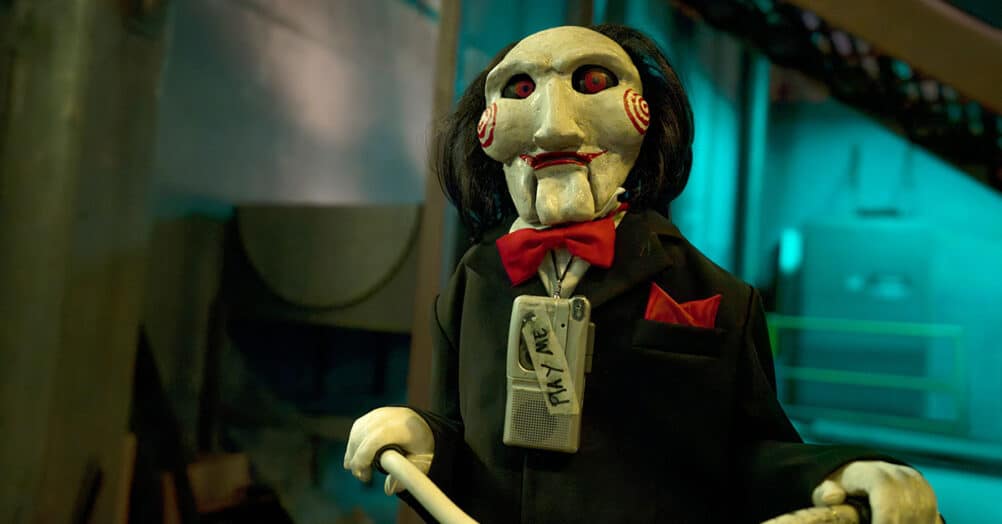









Follow the JOBLO MOVIE NETWORK
Follow us on YOUTUBE
Follow ARROW IN THE HEAD
Follow AITH on YOUTUBE